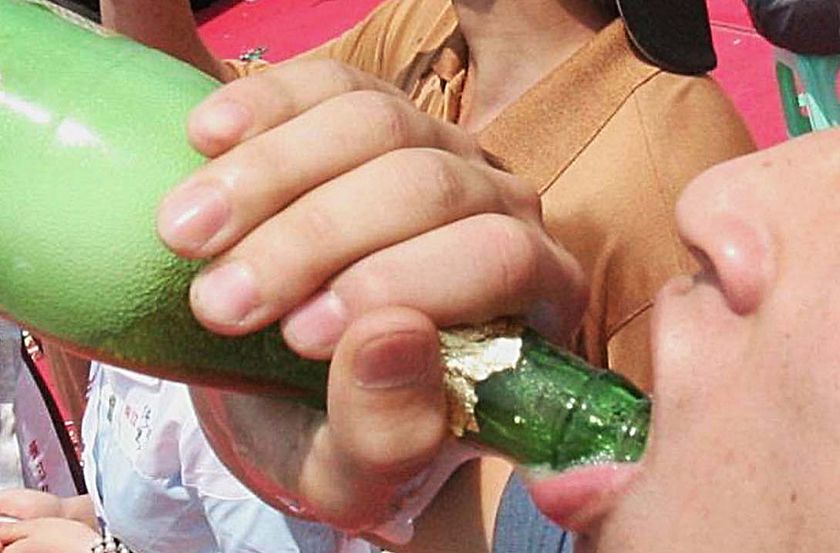Positive Drinking: Control the Alcohol Before it Controls You
![Positive Drinking by Kevin Laye [320x200]-thumb-229x320-381](http://elixirnews.com/wp/wp-content/uploads/2010/11/Positive-Drinking-by-Kevin-Laye-320x200-thumb-229x320-381.jpg)
Over 27% of men and 14% of women drink over the recommended number of weekly units and women’s intake is on the rise. We also know how binge drinking with youngsters has become an epidemic in the UK and that the Government and NHS are constantly looking for ways to reduce our drinking habits.
In a new book by Harley Street therapist Kevin Laye who has worked closely with Paul McKenna, he provides us with the tools to cut down on our drinking. His message is not about not having a drink ever again, but instead to look at drinking in a positive way and enjoy it but be in control.
Most people wonder at some point if their relationship with alcohol is a positive one and feel guilty that “just the one more” often turns into “just four or five.” There is nothing wrong with wanting to enjoy yourself, but if you do worry about drinking too much then you should read this book.
Its full of useful techniques that are easy to follow and with realistic stories of drinking scenarios and how to deal with them.
Costs £7.99 Buy here Positive Drinking: Control the Alcohol Before it Controls You

